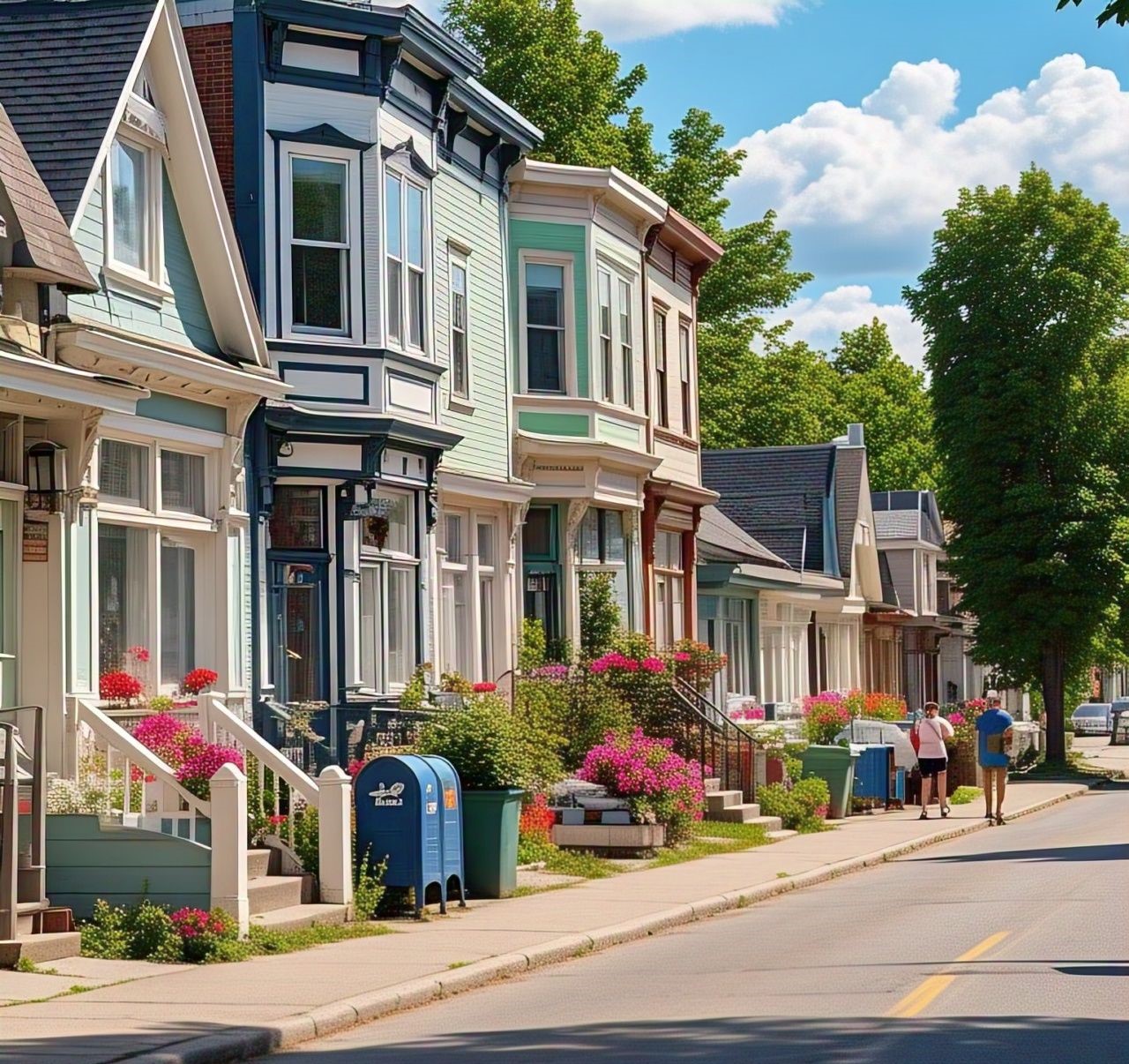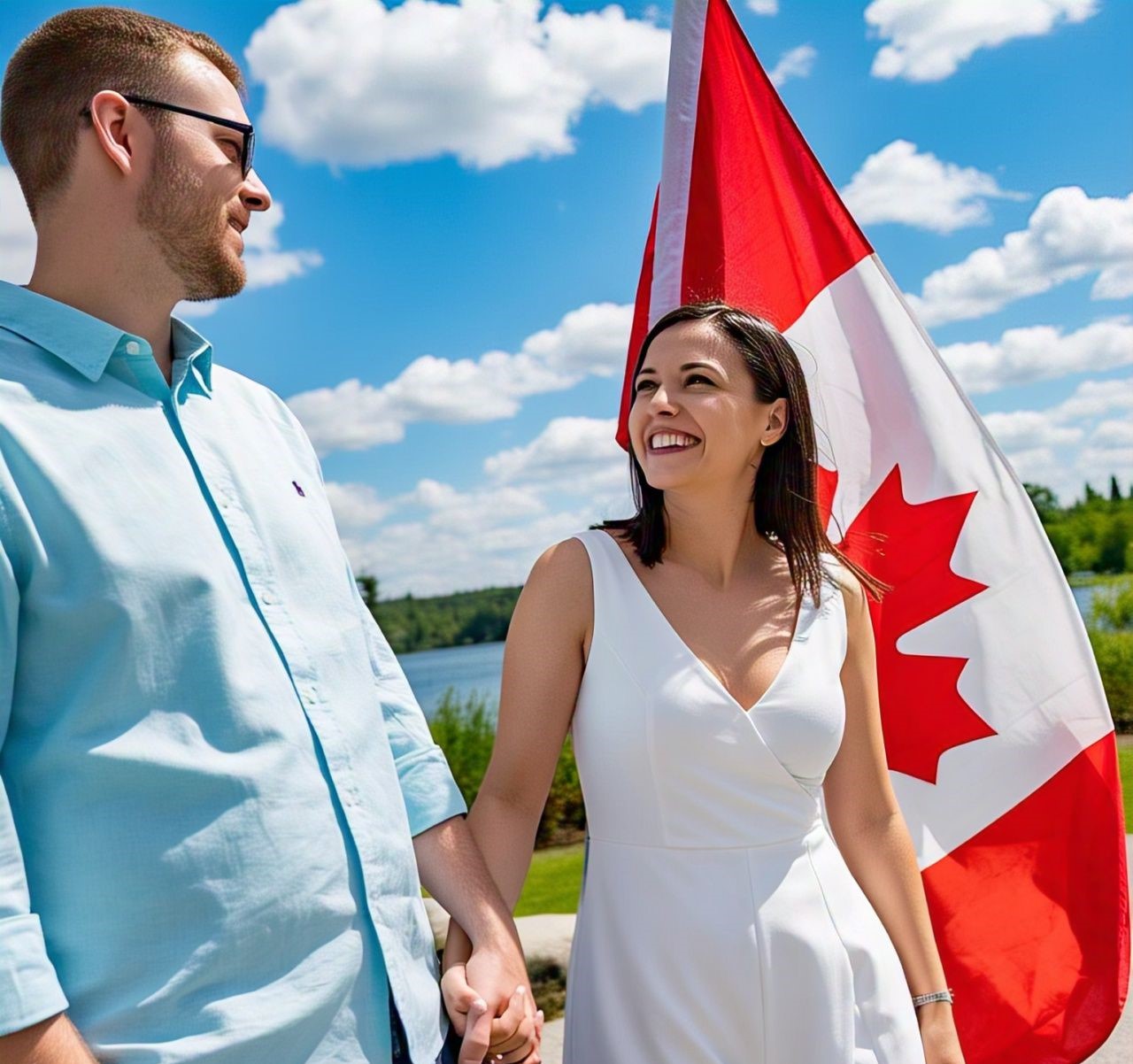The thought of going abroad frequently originates with a simple vacation or travel experience. The thrill of discovering other cultures, experiencing stunning landscapes, and living life as a tourist is wonderful, but what happens when the desire to explore transforms into a desire to call a distant nation home? Transitioning from a tourist to a resident is a major move that necessitates considerable planning, consideration, and comprehension of legal, logistical, and personal aspects. Here is how to make a short trip abroad become a permanent stay.
How to make a short trip abroad become a permanent stay.
1. Evaluate the Destination: Is It Right for Long-Term Living?
The first stage in converting from tourist to resident is to thoroughly assess if the destination is suited for long-term living. Living in a nation as a resident differs from visiting as a tourist, and numerous things must be considered:
- Cost of Living: Look into the costs of housing, utilities, food, transportation, and healthcare in the country you want to relocate to. Consider how the cost of living relates to your financial status.
- Quality of Life: Think about what you value in your daily life: access to healthcare, safety, career possibilities, local amenities, weather, and culture. Determine whether these are compatible with your lifestyle and aspirations.
- Cultural Fit: A country’s culture may be radically different from your own, and living there takes adaptation. Make sure you’re open to cultural differences and willing to adapt to the local way of life.
2. Research the Residency and Visa Requirements
Once you’ve chosen a destination, the next critical step is to learn about the residency and visa requirements in that country. Many countries provide multiple avenues for foreign nationals to establish legal residency, including employment, investment, family ties, and student status. Key steps include:
- Work and Employment Visas: If you want to work in the country, you’ll probably require a work visa. Some nations offer skilled worker visa schemes or job-specific visas. Begin investigating the types of visas available and the eligibility requirements for each.
- Investor or Entrepreneur Visas: Some countries grant residency in exchange for investment or the establishment of a business. These visas frequently necessitate a specific amount of capital and a detailed business plan.
- Family Visas: If your partner or family members are citizens or residents of the country, you may be eligible for family-based residency.
- Student Visas: If you intend to study in the country, a student visa may be the most suited option.
To avoid delays, always ensure that you understand what documentation is required and begin the application process early.
3. Secure Housing and Settling In
Finding a place to live is a critical component of migrating. As a visitor, you may have stayed in temporary accommodations such as hotels or Airbnb, but as a resident, you will need to find a permanent home.
- Renting versus Buying: Depending on the country, it may be more convenient to rent before purchasing a property. Renting initially allows you to visit several neighborhoods and decide where you want to live long-term.
- Legal requirements for renting or buying: Make sure you understand the laws for renting or acquiring property as a foreigner. Some governments place limits on foreign ownership, while others may need special permits or deposits.
- Temporary Housing Options: If you’re still applying for residency or waiting for your official visa, look into temporary housing choices like short-term rentals or expat-friendly communities. These can allow you time to adjust as you finalize your relocation preparations.
4. Understand Local Laws and Taxes.
As a resident, you must grasp the local legal system and tax requirements. It is critical to educate yourself with:
- Residents’ Rights and Responsibilities: Some countries impose rules requiring residents to register with local authorities or get a national ID. Make sure you know everything you need to do to remain legally compliant.
- Taxation: Investigate the tax system in the country you intend to relocate to. Some governments tax residents on their global income, whereas others may have more favorable tax structures for expats. If you still have tax obligations in your home country, think about how double taxation agreements could affect you.
- Healthcare and Insurance: Learn about the healthcare system and if you’ll require private insurance or qualify for public healthcare as a resident.
5. Establish a bank account and financial infrastructure.
As a resident, managing your funds will become an important part of your everyday routine. Opening a local bank account is necessary for processing payments, receiving wages, and managing living expenditures. Some tips include:
- Bank Account Setup: Research the procedure of opening a bank account in your new nation, as the requirements may differ. Typically, you will want proof of residency, a passport, and potentially a visa.
- Currency Exchange: If your income is still in your native currency, discover the easiest strategy to manage currency exchange and avoid expensive conversion fees while transferring money abroad.
6. Create a Social Network and Integrate
Transitioning from visitor to resident requires both social and cultural adaptation. It is critical to establish a support network and integrate into the community:
- Networking: Join expat groups, social clubs, or online communities to connect with other foreigners and locals. Networking will allow you to establish new acquaintances, seek advice, and feel more connected to your new surroundings.
- Language Skills: If the primary language in your new nation is different from your own, acquiring it will be essential for developing relationships and participating in daily life. Consider taking a language class or practicing with locals.
7. Prepare for the Emotional Transition
Transitioning from a tourist to a resident can be emotionally difficult. It is typical to experience a mix of excitement, uncertainty, and homesickness as you adjust to your new life. Allow yourself time to adjust and embrace the changes while maintaining contact with family and friends back home for support.
Easiest country to get permanent residency in Europe without investment
Romania, Germany, France, the Netherlands, Belgium, and Sweden are among the most accessible countries for obtaining permanent residency in Europe without investment. Each of these countries has distinct immigration regulations, restrictions, and rewards, making them appealing destinations for people looking to start a new life in Europe.
In the following sections, we will go into greater detail about each country’s unique qualities.
● Romania
Romania has a simple residency application process for those looking for permanent residency without investing. To obtain permanent residency in Romania, applicants must remain in the nation for 5 years without interruption.
- Have a valid passport or travel document.
- Obtain a temporary residency permit that can be extended for a duration of one to five years.
The requirement for acquiring a Permanent Residence Permit is that you should not have been out of the nation for more than 10 months in total in the previous 5 years, nor should you have been out of the country for 6 consecutive months. If a person leaves Romania for more than six consecutive months in a single year, that year is not considered toward the five years required for permanent residency.
If you are married to a Romanian person, you can obtain a Residence Permit for Family Reunification that can be issued to you for a term of one to five years; therefore, you can receive a five-year residency directly from the first application based on the conditions of the application.
As a Romanian family member with a Permanent Residence Permit, you can petition for citizenship after only 5 years.
Romania’s open economy and accommodating attitude toward international workers make it an appealing option for anyone looking for permanent residency in Europe. With no limits on hiring foreign nationals and a thriving employment market, Romania offers several options for non-EU citizens to live and work there.
● Germany
Germany is another popular destination for non-investment permanent residency, offering a job seeker visa that permits candidates to look for work within the country. To receive a job seeker visa in Germany, you must be of legal age, have an appropriate qualification, and demonstrate financial stability. The visa is valid for a maximum of six months, during which the candidate must obtain an employment offer in their field of expertise.
Germany’s robust economy and good standard of living make it an ideal destination for anyone seeking permanent residency in Europe. With extensive job opportunities in a variety of industries, including manufacturing, information technology, and energy, Germany provides a stable environment for non-EU nationals to develop a successful career and lifestyle.
● France
France’s talent passport scheme for qualified individuals makes it a popular destination for those seeking permanent residency in Europe without making an investment. The visa is valid for a maximum of six months, during which the candidate must obtain an employment offer in their field of expertise.
● Sweden
Sweden is another popular European destination for non-investment permanent residency. The government provides a work permit, which permits applicants to work and live in Sweden for up to four years before applying for permanent residency. To receive a work permit, candidates need an official offer of employment from a Swedish employer.
- A valid passport.
- An employment contract.
- A pay based on Swedish collective agreements.
Sweden has good living conditions for immigrants, with welcoming people, high-quality public services, and an environment that promotes integration. Though the cost of living in Sweden is high, it is still comparatively low when compared to other Nordic nations and most large American cities.
Sweden’s robust economy and plentiful work prospects make it an excellent choice for people seeking permanent residency in Europe without investing.
Cheapest permanent residency in the world
● Guatemala
If you earn US$1000 or more per month, you are eligible for a residence permit in Guatemala. The process is quite straightforward; however, approval may take some time. You will need someone in Guatemala to “sponsor” you (essentially give you a referral). Your permit may be canceled if you spend more than one year outside the country (with medical exceptions).
● Nicaragua
Similar to Guatemala, you simply need to establish that you earn US$750 per month to get residency in Nicaragua. This $750, however, should not be considered a “salary” but rather income from stocks, bonds, or other investments. If you receive social security or a pension, you just need to earn $600 each month. Again, technically, you need to be 45 years old for that option but this requirement is often waived.
● Paraguay
Simply depositing the equivalent of “35 minimum monthly wages” (typically around US$4,000-5,000) in a Paraguayan bank qualifies you for permanent residency. You can easily withdraw your funds once you have obtained residency! So it’s essentially a temporary investment to demonstrate your financial stability based on Paraguay’s standard of living.
● Panama
If you are a citizen of one of 47 “Friendly Nations” countries (including the United States), you can obtain permanent citizenship in Panama by putting $5,000 into a Panamanian bank account. In addition, you must either purchase property worth more than $10,000, start a business in Panama, or work for a Panamanian business. This is a free requirement if you intend to work there.
● Belize
To apply for permanent residency in Belize, you must live there for 50 consecutive weeks. Belize only issues 30-day tourist visas; however, you can leave and return within 30 days. So, if you are ready to take a day trip across the border every month for nearly a year, you may easily obtain residency in Belize. There is a $1,000 application fee, and the application could take several years to be approved.
Notice a pattern here? Central America is the place to go if you want simple residency without having to spend or earn a fortune! There is one unusual European alternative that is not precisely a resident visa but serves a similar purpose. However, be warned that this is not for the faint of heart!
Conclusion
Transitioning from a tourist to a resident can be one of the most rewarding decisions you make, as it opens up new opportunities, experiences, and lifestyles. However, it is critical to approach this shift with careful planning, from understanding visa procedures to finding housing and adjusting to a new culture. You can successfully transition into your new home abroad.






